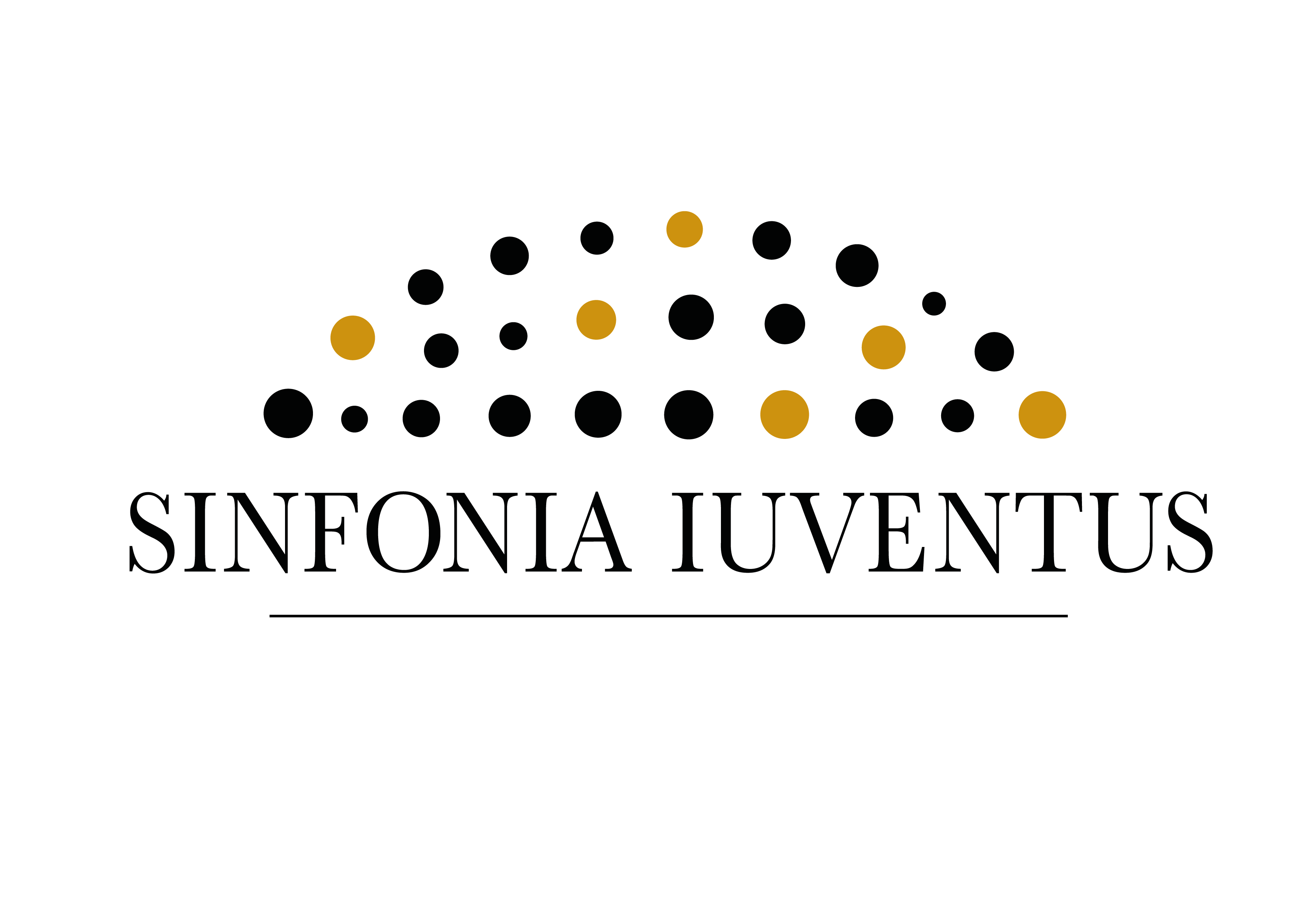Liszt | Dvořák
16 March 2018, 7 p.m.
The Henryk Mikołaj Górecki
Silesian Philharmonic
Sokolska 2, Katowice

Can instrumental music express non-musical, literary content? This question provokes lively discussions among composes, musicologists, commentators of musical aesthetic and the very ontology of the art of sound. The repertoire of this concert is a good starting point for reflection on this subject, and every listener will have the opportunity to compare their own impressions with the intentions of the composers – two Romantics from different generations, with fairly different creative approaches, who nevertheless have quite a bit in common. Both Liszt and Dvořák referred to the ideas of national styles, which were important in the 19th century. The former frequently drew on the art of his native Hungary, while the latter praised Bohemian and Moravian music, as well as the broader concept of “Slavdom”. Both were also guided by the idea of programmatic music – it was particularly important for Liszt, constantly present in symphonies, symphonic poems and piano works referring in many aspects to literary, poetic, artistic and landscape inspirations. Les Préludes is an almost textbook example of the musicalisation of the poetic idea – in this case, it is Alphonse de Lamartine’s Les quatres éléments (“What is our life but a succession of preludes to that unknown song whose first solemn note is sounded by death?”). This is also an example of the conventionality of this tradition – Liszt’s suggestive images only suggest the moods of the poem, rather than illustrating them literally – because is that possible with sound? And is a “programme” truly necessary to stimulate the listener’s imagination? The composer’s Piano Concerto No. 1 in E-flat major (this bravura work will be performed by Szczepan Kończal, a pianist of the young generation, graduate of the Katowice Academy of Music, winner of many prestigious competitions) proves that it is not – it is an example of “absolute” music, free from a non-musical context, but no less expressive because of it.
Dvořák’s work shows a different face of the programme – a fascination with a foreign country and its culture. During his several years’ stay in the US, the great Czech was almost completely enraptured by the motifs of Native American music of the African-American spiritual songs, unknown in Europe at the time. Although he does not cite them directly in his Symphony in E minor, he admits in his commentary to being inspired by its rhythms and modal phrases; literary references, among others to Longfellow’s epic poem The Song of Hiawatha, are also suggested. The extremely original and brilliant work was a hit and entered the canon of symphonic repertoire and is still one of the most famous and most frequently performed works by Dvořák.
Israeli-born conductor Bar Avni’s participation in the concert is a special prize of the Polish Sinfonia Iuventus Orchestra for the winner of the 10th Grzegorz Fitelberg International Competition for Conductors. The talented artist captured the attention and sympathy of the audience from the first stage, which was reflected in the verdict of the jury, which awarded her second prize (she was also recognised by the musicians of the Silesian Philharmonic Orchestra, who awarded her their own distinction).
Performers:
Paweł Wakarecy | piano
Bar Avni | conductor
Programme:
Franz Liszt Les Préludes – symphonic poem
Piano Concerto No. 1 in E-flat major
Antonín Dvořák Symphony No. 9 in E minor, “From the New World”, Op. 95
We invite you!
Tickets available at http://filharmonia slaska
